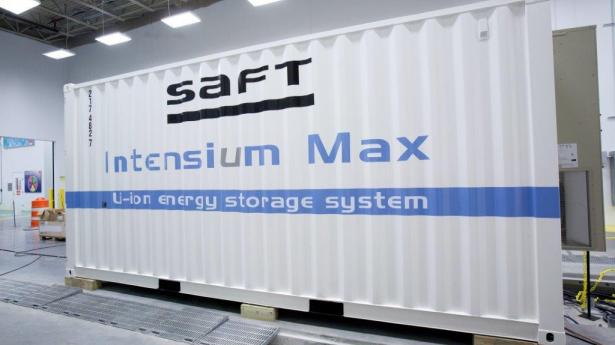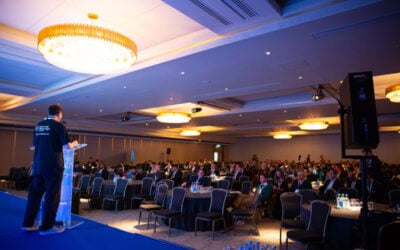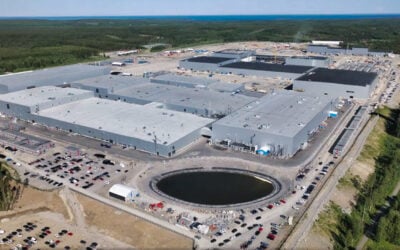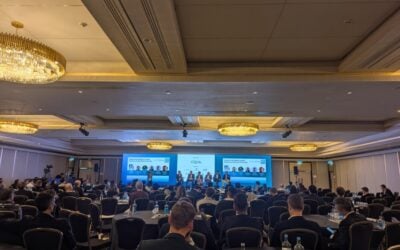
The European Commission’s decision to end the minimum import price (MIP) on solar imports from China sends the wrong message about Europe’s future support of the battery storage industry, according to a key figure at French power giant, Total.
Speaking to our sister site PV Tech, Arnaud Chaperon, who represents Total Group in Brussels as vice president of European public affairs, and who was formerly head of its renewable division, said the Commission’s decision came as no surprise. Echoing other manufacturer arguments, he also said an MIP expiry review should have been held, because the global PV market has changed significantly since the MIP extension and claimed that European demand is more driven by Member States’ tenders rather than the price of the modules.
Chaperon, however, included a third “much more impactful” issue, that of inconsistency in the Commission’s rhetoric over fair trade and how this may affect other European industries in the future. The lessons learned from solar have to be applied to other industries and especially the energy storage sector, he said.
“So it’s not necessarily MIP ending that’s the real issue for us. It’s the image that Europe is giving outside at a time where you have Trump protecting his industry in the US, you have India starting to protect and say be careful with the dumping from China and you have Europe fully open,” said Chaperon. “For the industry of the future when we have to compete to develop a battery industry for instance, it’s giving a bad signal.”
Try Premium for just $1
- Full premium access for the first month at only $1
- Converts to an annual rate after 30 days unless cancelled
- Cancel anytime during the trial period
Premium Benefits
- Expert industry analysis and interviews
- Digital access to PV Tech Power journal
- Exclusive event discounts
Or get the full Premium subscription right away
Or continue reading this article for free
He noted that although China is not ahead of Europe in terms of energy storage technology, it is already well ahead in terms of scaling up, before adding: “If you want to develop a battery industry in Europe you need to be sure you are on a fair level playing field basis. It’s very important.”
Total Group has the unique position of being a solar manufacturer, PV developer and PV asset owner as well as being owner of Saft, the largest energy storage company in Europe.
Chaperon said: “How do you want us to put a lot of billions into the development of the batteries in Europe if we see that likewise on the solar PV at the first few lot of difficulties or headwinds we see that they are just giving up on applying the trade defence instruments?”
The Commission has already made known its plans to make a strong European manufacturing base for batteries as a strategic industry. The expected high growth of electric vehicles in particular means that Europe must be careful in its strategic dependence on key components from China, Korea and other Asian competitors. This is important said Chaperon, because batteries account for close to 40% of the cost of a car, “so if you are not manufacturing the battery you lose immediately 40% of the turnover of your value chain on the core part”.
Solar developers, of course, want the cheapest module, and car manufacturers will be no different in their quest to source the cheapest batteries, and the cheap supply could once again be dominated by imports from Asia.
Read the full story on PV Tech…





